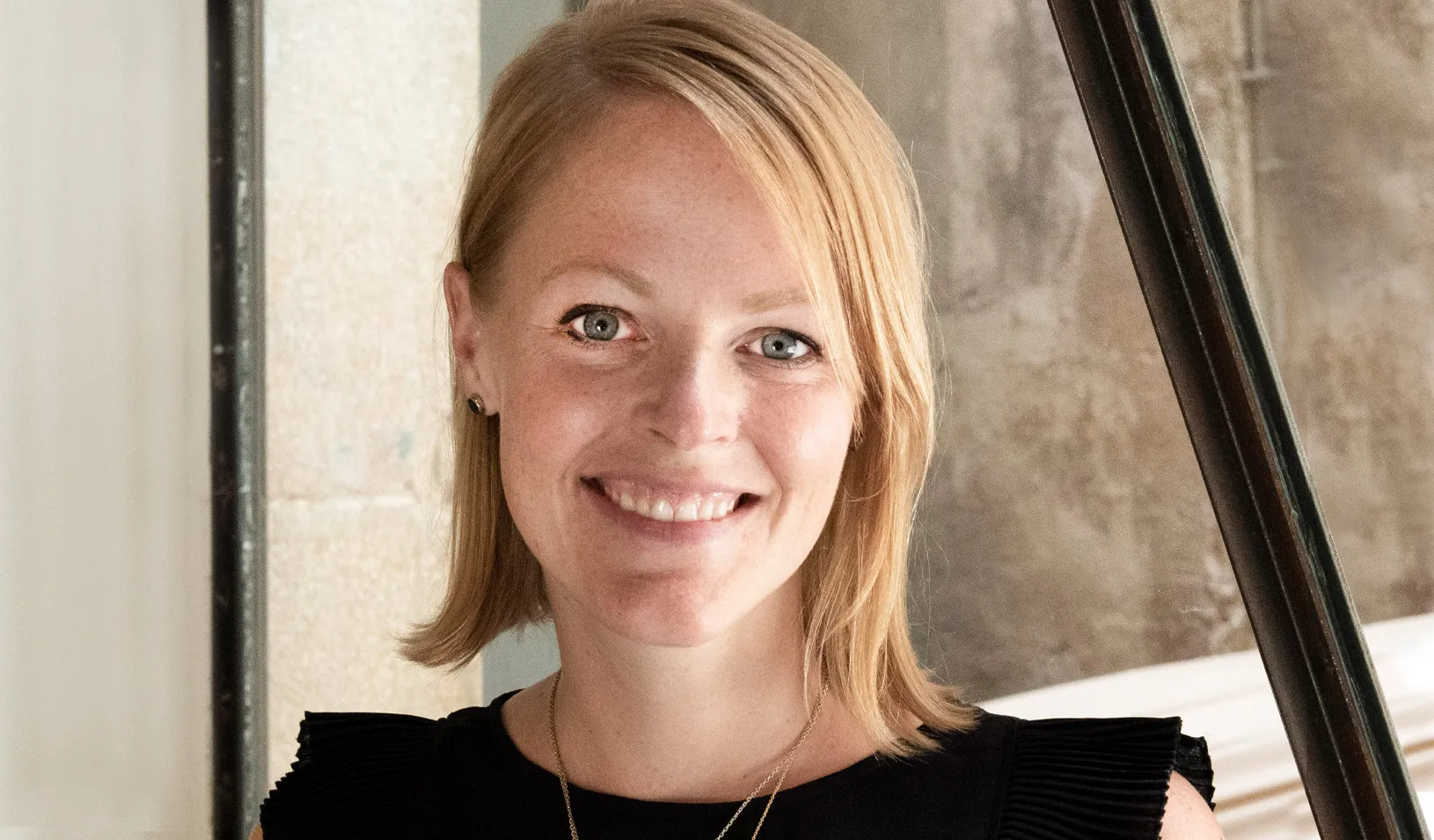Seed Guides Nigerian Software Company to $100 Million Plan
SystemSpecs aims to expand across African continent.
June 01, 2015
‘DeRemi Atanda
SystemSpecs, a Nigerian company that makes accounting and payroll software, had blossomed into a $10 million business, but its executives were troubled. They knew there was an abundance of untapped demand across the country, and they were having trouble developing a plan ambitious enough to capture it.
John Obaro, the managing director, and ‘DeRemi Atanda, the executive director, thought about bringing in strategic consultants. That didn’t work: The company that handled SystemSpecs’ books couldn’t take the job because of a professional conflict of interest, and other companies lacked the necessary range of experience.
Then John and ‘DeRemi were accepted into a program administered through Seed, the Stanford Institute for Innovation in Developing Economies. The program serves promising companies in developing countries by providing business training and onsite coaching.
The lessons the two executives learned could be worth tens of millions of dollars. After working with Seed’s personal coach for one year, SystemSpecs developed a plan that forecasts a tenfold increase in revenue, to $100 million, by 2016.
“Seed came along at just the right time,” ‘DeRemi says. “They presented us with a crop of professionals who ran their own business. These weren’t theorists or consultants just operating on theories. These are successful people telling you what they learned.”
Seed’s Transformation Program was developed to help entrepreneurs in developing economies scale their businesses to create jobs and ease poverty. Entrepreneurs who are accepted into the program study under Stanford faculty. They also receive support and coaching from experienced business practitioners from Silicon Valley and elsewhere, who guide them through the teaching program and for months afterward as the companies put their strategies into practice.
‘DeRemi’s coach was Robert Mayberry. The Oakland, California, native is a former executive vice president for IBM’s software division, and a former executive director for Hewlett-Packard’s web services. He was intrigued by SystemSpecs’ history.
The company, founded in 1991, initially sold accounting software. Later it branched out into software that manages payroll and online payments. But its growth, while steady, was nowhere near the “seismic” expansion that John and ‘DeRemi told him should be possible.
So Robert began by meeting with the executive team to learn about the company’s leadership dynamics. John, the managing director, was excluded from the session so Robert could quiz the other managers about him. The first thing Robert discovered was that only two of 12 executives felt empowered to make decisions when the boss was out of town.
“The managing director learned that the perception the team had of him wasn’t what he intended,” Robert says. “He said, ‘You’re empowered,’ but they didn’t feel that way.”
Robert and the team met at least once a week for strategy sessions that lasted 12 hours or longer. They pored over every aspect of SystemSpecs’ business plan, from marketing and sales to finance and recruiting.
The sessions were grueling, but fruitful. They produced one key point that ended up changing the company’s entire approach to sales.
The sales team had originally been divided into direct sales and partnership sales, which was itself broken down into channels such as bank partnerships. ‘DeRemi and his team realized they could do a better job of collaborating with partners on sales.
For example, under the old system a partner might sell education software to a school, and then SystemSpecs might follow up with the customer to sell related payment software. Now, ‘DeRemi says, SystemSpecs and the partner look to integrate their products first and then make a single sale.
This tactic expands the market and lowers the cost of sales, he notes.
The strategy meetings also afforded the management team access to Robert’s considerable data experience. At one point Robert observed that the company’s software was generating a wealth of data that sat unused. He suggested spinning off a separate entity to generate value out of the data.
The executives had discussed the idea in the past, but only superficially. “But when we sat with him it suddenly made more sense,” ‘DeRemi recalls. “He helped us drill down and figure it out.” That data project is now expected to roll out in the third quarter of 2015.
That’s just a side venture, however. The team’s main focus is to expand its primary business across Nigeria. The company already has strong relationships with the federal government, including 22 commercial banks and more than 400 microfinance institutions. It now plans to target each of the country’s 36 state governments as new opportunities.
Five-Year Transformation Plan
SystemSpecs is also looking to expand into Ghana and eventually across the continent.
If that sounds overly ambitious, the company stands by its vision. It made $10 million in 2014, and expects to make at least that much in 2015, the baseline year for its 5-year transformation plan. After that, management predicts spectacular growth for the company, which currently has between 170 and 180 employees.
“By 2016 we want to go from $10 million to $100 million,” ‘DeRemi says firmly. “We broke it down — the potential is there. We’ve done the math and it’s certainly possible.”
As he reflects on the influence of the SEED program, ‘DeRemi wonders whether the company could have created the same business plan on its own. He thinks his team would have figured out how to achieve at least some of its potential, but not to the same degree and not with the same clarity of purpose.
And as often as he uses words like ‘success’ and ‘revenue,’ ‘DeRemi says he and the company are driven by something deeper: the desire to make a positive difference. It’s the same goal that drives SEED, which is why the partnership between the two has been so valuable.
“Seed said from Day One, it’s about raising impactful businesses,” he says. “We are very glad to be a part of that. It’s not just about creating a product, it’s about creating impact. That’s what we’re doing. It’s about asking, how can this contribute to improving the lives of other people.”
By Dinesh Ramde
For media inquiries, visit the Newsroom.
Explore More
Erin Nixon Joins Stanford GSB as Assistant Dean of Admissions

Nia Rose Froome, MBA ’23: Making Local, Fresh Food Available for All

New Research Fund Promotes Responsible Leadership for the Next Century
